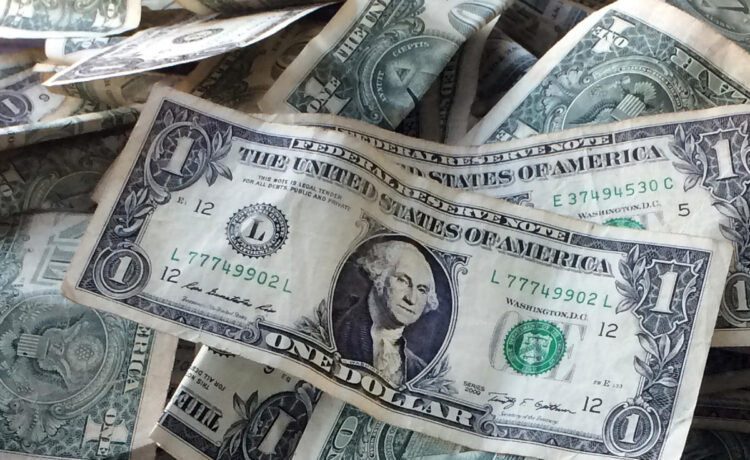(Bloomberg) — Central banks across Asia are increasingly using derivatives to protect their currencies against a strong dollar, raising questions over how long they can do so and whether they are just storing up trouble for the future.
Most Read from Bloomberg
The Reserve Bank of India’s net dollar short forward position — the amount of dollars that will be sold at a future date for a pre-set price — hit an all-time high of $68 billion in December. Meanwhile Bank Indonesia’s net short book reached $19.6 billion, its highest since at least 2015, show the latest official data.
The swelling forward books point to a shift in strategy among central banks intervening to defend their currencies. But the use of derivatives in addition to spot trades to push back against the dollar is raising concerns about the risk that selling pressure is being deferred rather than removed.
“It’s basically pushing out currency depreciation to a later date and in the meantime, keeping headline reserves high as a way of displaying confidence,” said Dhiraj Nim, a currency strategist at Australia and New Zealand Banking Group. “I’m a bit worried about that scenario.”
BI and the RBI didn’t immediately respond to Bloomberg’s request for comment. Both institutions have previously confirmed use of derivatives.
The Indian rupee and the Indonesian rupiah have been two of Asia’s worst performing currencies over the past 12 months, both losing more than 3.5% of their value against the dollar.
Political Risk
The election of US President Donald Trump has ramped up pressure on emerging-market central banks. Trump’s threats of tariffs have fueled waves of currency depreciation against the dollar, while his willingness to label other countries as currency manipulators has raised the political scrutiny of intervention.
“It’s clearly a very sensitive issue, particularly in the environment we are now in, when there’s a lot of scrutiny by the US with regards to fair trade and currency manipulation,” said Claudio Piron, co-head of currency and rates strategy at Bank of America Corp. “I don’t think there’s a real desire to be in the market excessively intervening.”
In the wake of Trump’s inauguration on Jan. 20, a fact sheet circulated detailing his plans, including a call for federal agencies to address currency manipulation by other countries. The designation comes with no immediate penalties but it can rattle financial markets. Trump labeled China a currency manipulator during his first term, while India has previously been on the US watchlist.

















